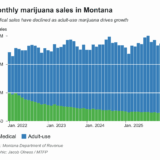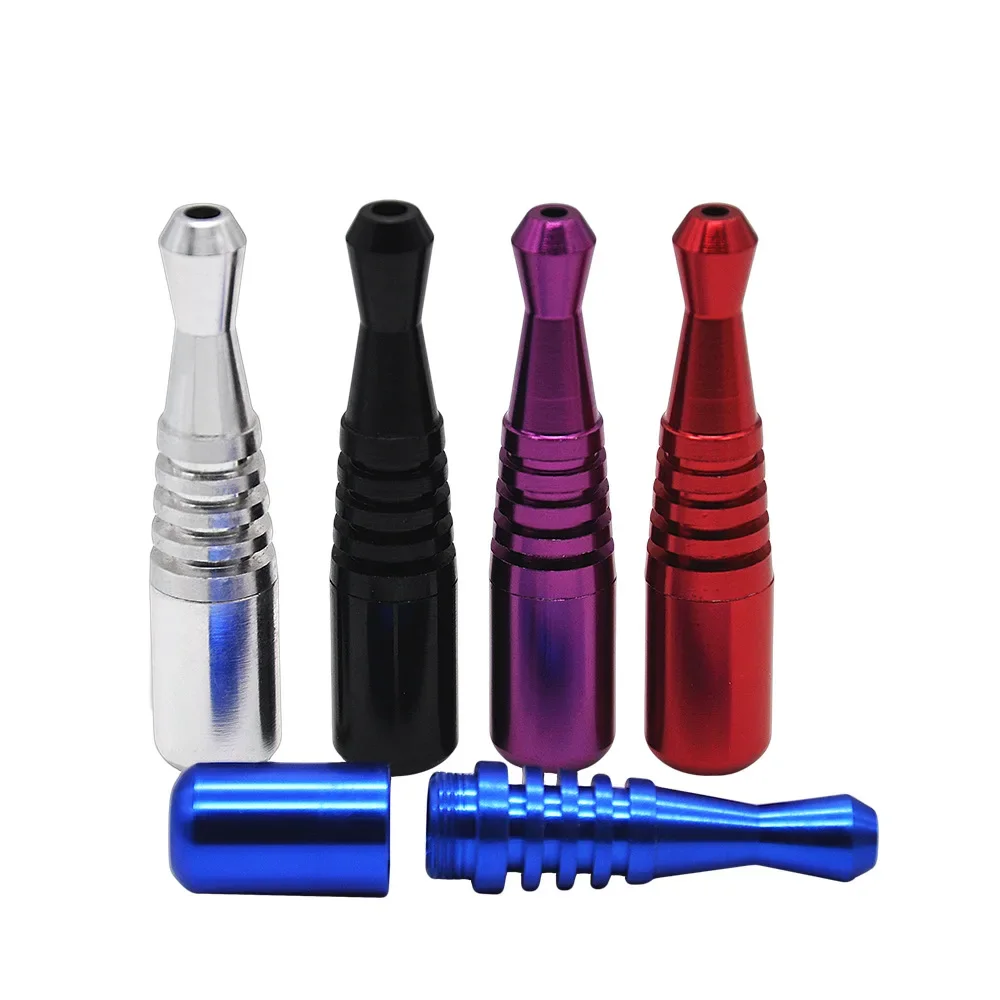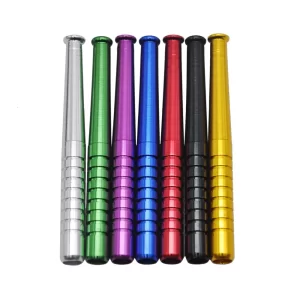Welcome to the latest edition of “Last week in Weed,” catching you up on the latest breaking news and industry developments in the world of cannabis.
Here’s what you may have missed over the last week:
Congress Keeps Blocking D.C. Cannabis Sales
A House subcommittee voted to continue prohibiting Washington, D.C. from using local funds to regulate recreational cannabis, keeping the Harris rider intact at the request of the Trump administration. The move again overrides the will of D.C. voters, who approved legalization in 2014 but remain without a legal sales framework.
Delegate Eleanor Holmes Norton condemned the rider as an attack on home rule and vowed to fight its inclusion. Meanwhile, Senate appropriators advanced separate measures to expand medical cannabis access for veterans and explore marijuana’s role in reducing opioid use.
Legalization Doesn’t Boost Teen Use, Says Top Fed Researcher
At a SAMHSA-hosted webinar, Johns Hopkins professor Dr. Ryan Vandrey dismantled the long-standing claim that cannabis legalization leads to increased youth consumption. Decades of data, he said, show no such trend—teen use has remained steady or declined in legal states. Vandrey also urged regulators to shift focus from THC content alone and consider the real-world effects of cannabinoids like delta-8, CBD, and CBG, many of which don’t share THC’s impairing qualities.
He also highlighted the shortcomings of current roadside and workplace drug tests, noting that frequent users of legal CBD products can still trigger THC-positive results, while individuals clearly impaired by oral THC can pass standard sobriety tests. With cannabis science rapidly advancing, Vandrey called for product-specific, evidence-based regulations to replace outdated, one-size-fits-all policies.
Florida Targets Kid-Friendly Hemp, Feds Eye National Ban
Florida regulators are crafting new rules to define what makes a hemp product “attractive to children,” aiming to clarify packaging restrictions—particularly around the use of cartoons and candy-like shapes—under Section 581.217 of state law. The move reflects growing concern over youth-targeted marketing in the hemp space and could result in tighter packaging standards for edibles and other consumables.
At the federal level, a much broader crackdown may be brewing. Lawmakers are moving quickly to redefine hemp in the next appropriations package—a change that could effectively ban most consumable hemp products nationwide. A vote could come as early as this week. Attorney Paula Savchenko, who specializes in cannabis and psychedelics law, warns that both measures reflect a growing appetite among regulators to rein in the booming (and largely unregulated) hemp market.
Texas Hemp War Reignites During Special Session
Texas lawmakers are back in session—and back at war over hemp. Just weeks after Gov. Greg Abbott vetoed a sweeping hemp ban, some legislators are reviving efforts to outlaw products with any detectable THC or cannabinoids beyond CBD and CBG. SB 5, introduced by Sen. Charles Perry, would criminalize even federally legal products, drawing sharp criticism from advocates who say the move would devastate a $1.9 billion industry and empower the illicit market.
Gov. Abbott has called for “strict, enforceable” hemp regulations modeled after alcohol laws—not outright prohibition—and listed 20+ proposals including age limits, THC caps, packaging standards, and retail restrictions. Meanwhile, a competing bill from Rep. Nicole Collier aims to protect consumers from prosecution if mislabeled hemp products turn out to contain illegal THC levels.



























